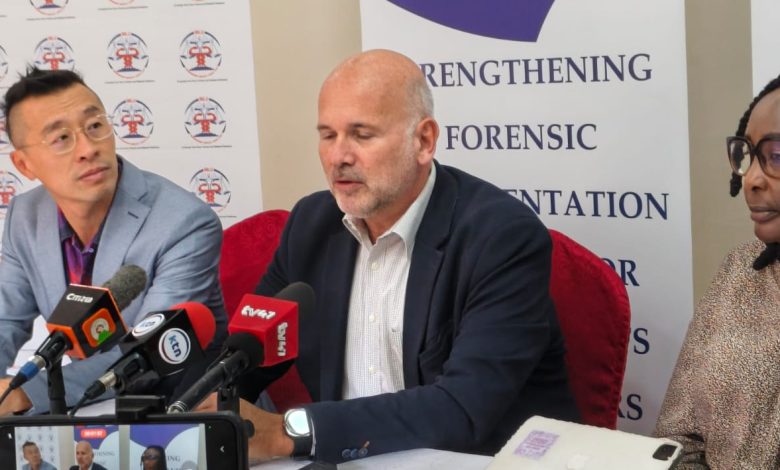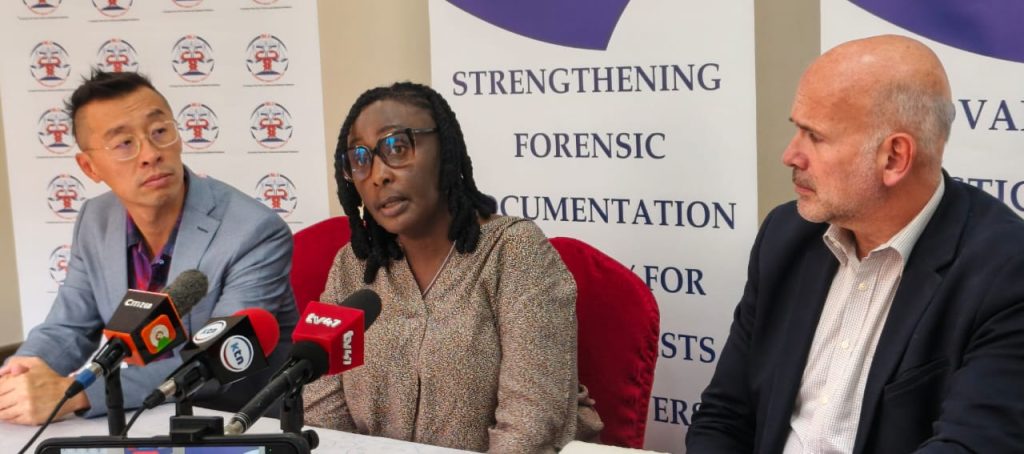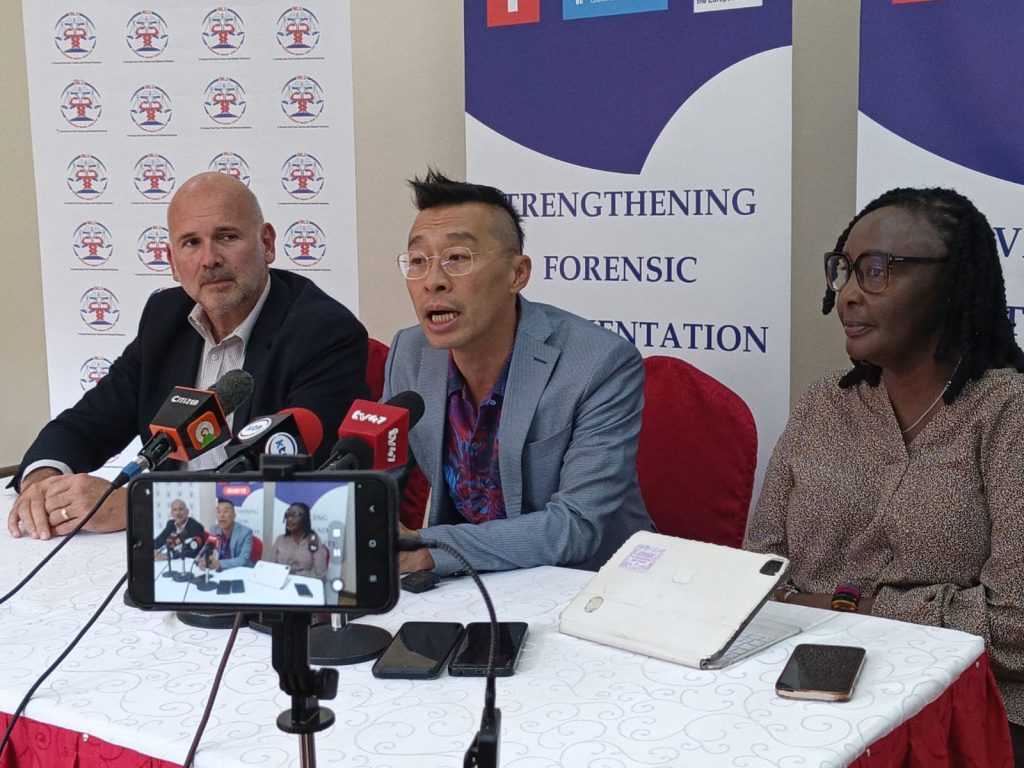STRENGTHENING FORENSIC DOCUMENTATION: ADVANCING JUSTICE AND ACCOUNTABILITY AMID RISING DEATHS IN CUSTODY

GOOD MORNING KENYA
Friday, November 7, 2025
By Archeadious Kubai, Nairobi
When 29-year-old Victor (not his real name) was arrested over a minor traffic offence in Nakuru, his family expected to see him in court the next morning. Instead, they received a call no family should ever have to answer — Victor had died in police custody.
The explanation offered was vague. Months later, his family is still searching for answers — and justice.
Victor’s case is not isolated. Across Kenya, a worrying pattern of deaths in police custody continues to haunt the justice system, raising serious questions about accountability and the protection of human rights.
Between 2024 and 2025, the Independent Medico-Legal Unit (IMLU) documented 17 deaths in custody across at least ten counties — among them Nairobi, Nakuru, Mombasa, Murang’a, Siaya, Kakamega, and Busia. During the same period, amid widespread protests and civil unrest, IMLU conducted 80 autopsies, confirming 59 protest-related deaths through forensic documentation — in addition to those who died while detained.

The findings paint a grim picture.
Forensic reports reveal that several victims suffered multiple injuries consistent with assault, while others died from asphyxiation, hanging, or blunt-force trauma. In many cases, injuries were severe — yet timely medical attention was never provided. Pathologists suggest such patterns point to possible deliberate harm, neglect, or even cover-ups.
Each death represents not just a life lost, but a constitutional promise broken.
Kenya’s Constitution guarantees, under Article 26, the right to life, and under Article 29, protection from torture, cruel, inhuman, or degrading treatment. Yet for many families, these guarantees remain hollow. Investigations drag, files gather dust, and grieving relatives are left navigating bureaucratic darkness in search of truth.
In response, IMLU — with support from the International Rehabilitation Council for Torture Victims (IRCT) — has launched a three-day specialized training programme to strengthen forensic documentation and legal expertise in cases of torture and custodial deaths.

The training brings together forensic pathologists and lawyers from IMLU’s national network, guided by globally respected experts including Prof. Dr. Djordje Alempijevic, former head of the Forensic Department at Belgrade University and member of the UN Subcommittee on Prevention of Torture, and Prof. James Lin, a leading trainer on the Istanbul Protocol, the international gold standard for documenting and investigating torture.
“This training strengthens the chain between evidence and justice,” IMLU said in a statement. “Every life matters. Every death in custody must be investigated. And every family deserves the truth.”
The goal is clear: to ensure that every injury, every forensic finding, and every death is meticulously documented to withstand legal scrutiny — so that truth can no longer be buried under official silence.
For families like Victor’s, truth is more than an outcome — it is healing, closure, and the beginning of justice.
As Kenya confronts the grim rise in custodial deaths, strengthened forensic capacity offers a measure of hope: that evidence will speak louder than impunity, and that every life lost in state custody will move the nation one step closer to justice and accountability.






